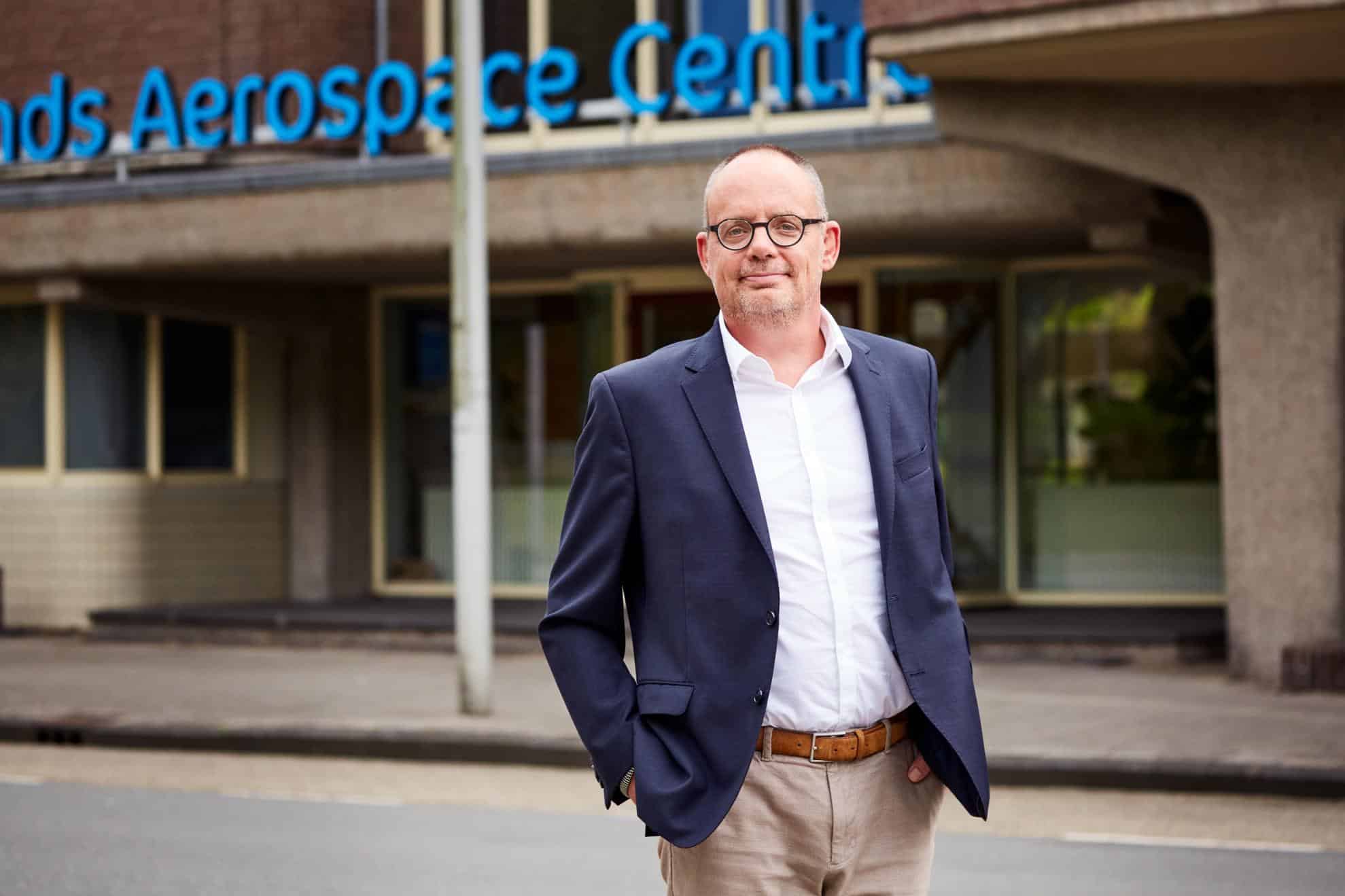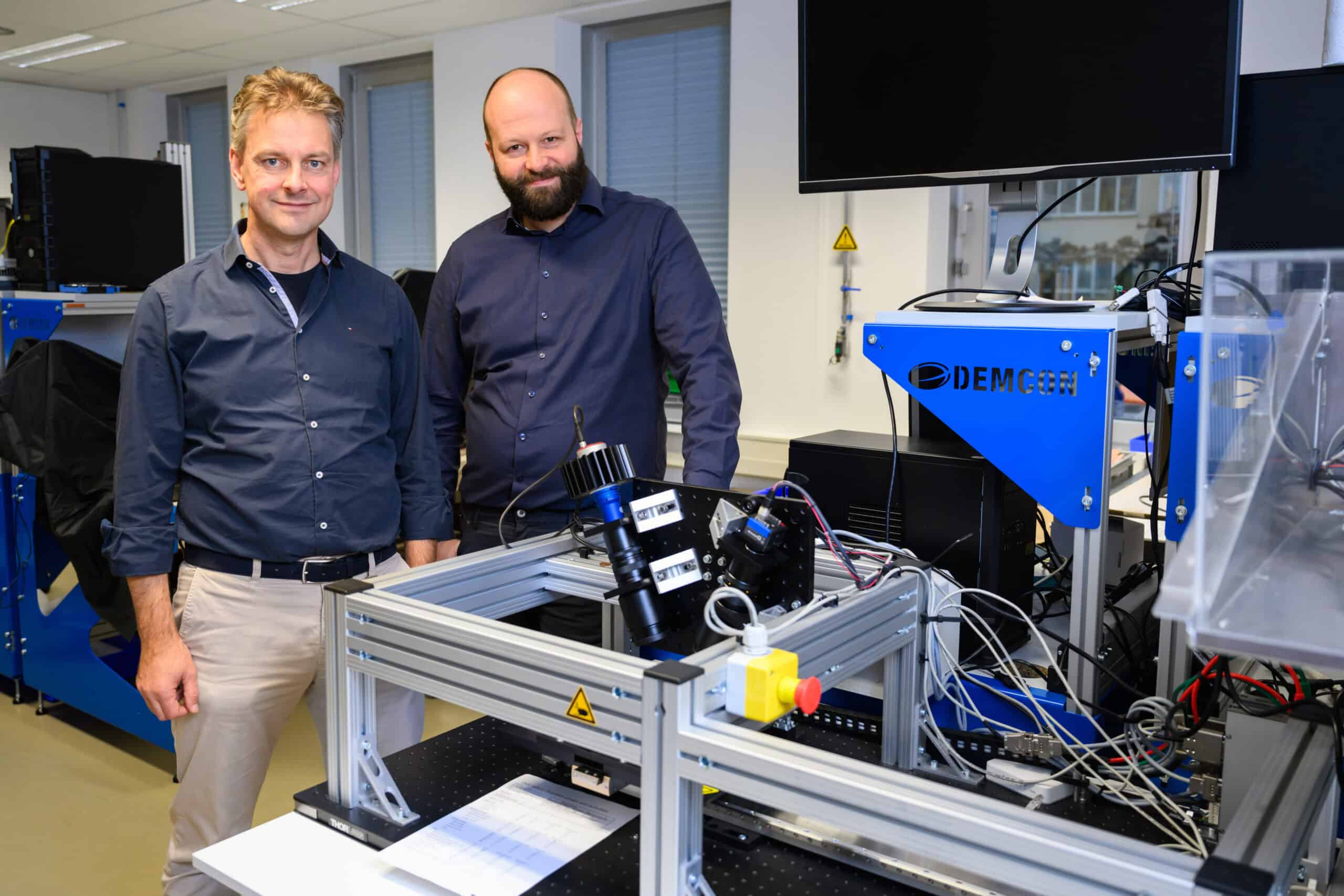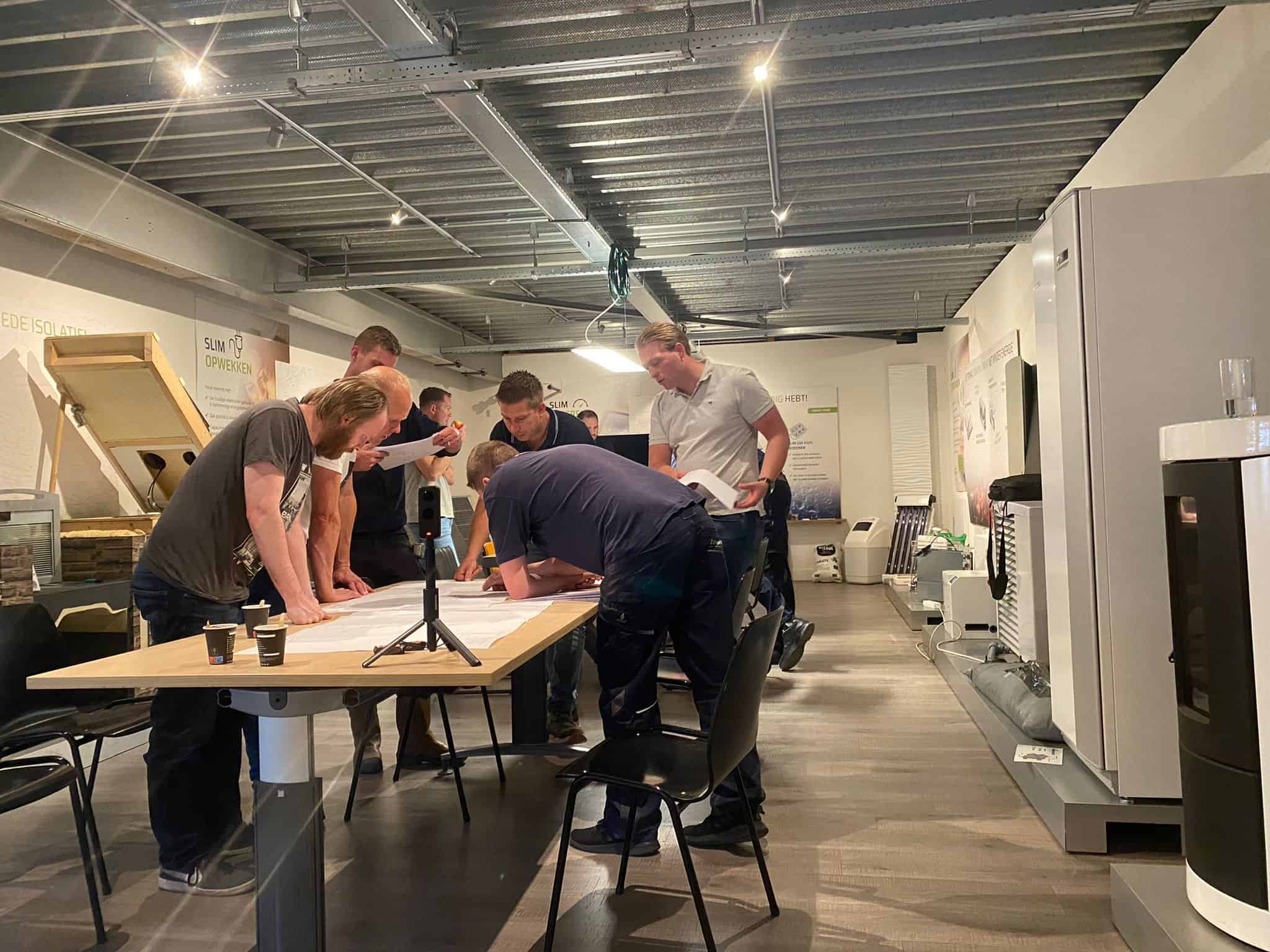
About VonWood
- Founders: David de Jong and Minck Hermans
- Founded in: 2022
- Employees: 14
- Money raised: €2.700.000
- Ultimate goal: that all timber buyers think about our platform first
Construction companies and logistics companies that need timber can turn to VonWood. The start-up has developed a trading platform that makes buying timber easier and more reliable. They now work with about ten European countries, including the Netherlands. In this instalment of Start-up of the day, co-founder David de Jong tells us more about it.
What exactly do you do?
“We connect sawmills and construction companies, which makes the sale of timber on a large scale easier. We do this through a data-driven online platform. Because of my experience in media technology, I know how we can make calculations based on data. This way we can optimize sales.”
What kind of calculations?
“For example, if a customer is looking for a specific timber application, we see which ecological alternatives are offered. We can also make future predictions about which type of timber will be sold and in what volume. Or which timber will sell well when the weather is nice. User data plays a role in this as it enriches the data sets. But we also use other data sources so that we can see how the chain works.”

How does the platform work?
“You specify what kind of timber you are looking for, what volume, how and when it should be delivered and you place the order. Sawmills that match the request receive an order and can suggest a price. We ensure that types of timber that are lesser known but are ecologically better are also given as an option. The buyer can then choose from the offer of sawmills that have responded. The customer pays us and we make sure that the order is delivered at the right place and time.”
Which problem are you solving?
“In Europe alone, there are already 40,000 sawmills, so it is difficult to make a good choice from the huge range. And when timber is ordered, it has to get from A to B. When a company organizes this themselves, they have to deal with many intermediate steps and there is a good chance that something goes wrong. This is because a sawmill does not deliver directly to a buyer. This includes importers, exporters and wholesalers. We mainly focus on cost savings and automation of administrative and logistical tasks. How much money you save depends on your choice, but we see in practice that this is at least fifteen percent.”
What makes the platform reliable?
We work with more than 130 sawmills worldwide. We visited all these sawmills to inspect them. We visited the sawmills to look at the type of equipment they work with, among other things. For example, some customers want very specific timber and it is important that a sawmill can work very accurately to the millimeter. We also check whether staff work with protective clothing and we only work with sawmills that supply sustainable timber. They must have at least one of the two quality marks for sustainable timber, FSC or PEFC.”
You recently raised 2.7 million euros. How did that go?
“It was not difficult to arrange the financing because there is a lot of interest from various parties. We position ourselves as a sustainable company and many investors are looking for companies that strive to do just that. In the end, we chose the three partners with whom we had the best connection and with whom the future plans are the most similar. I think the decisive factor for the collaboration is that we already knew these investors. Before this, I had several companies in media technology and I knew these investors through them.”

How did you come up with the idea?
“I got the idea from a friend who is also in the timber trade. He seemed to have a fairly relaxed life with plenty of time for hobbies. I wondered why. He explained how the whole trade works. He said that once you have a network in the world, cooperation goes very smoothly and everyone helps each other. While if a construction company takes steps in this direction, it is a very large chain that isn’t transparent because they do not know anyone. So we started looking at how we can open up that chain by building a large network in the timber industry.”








